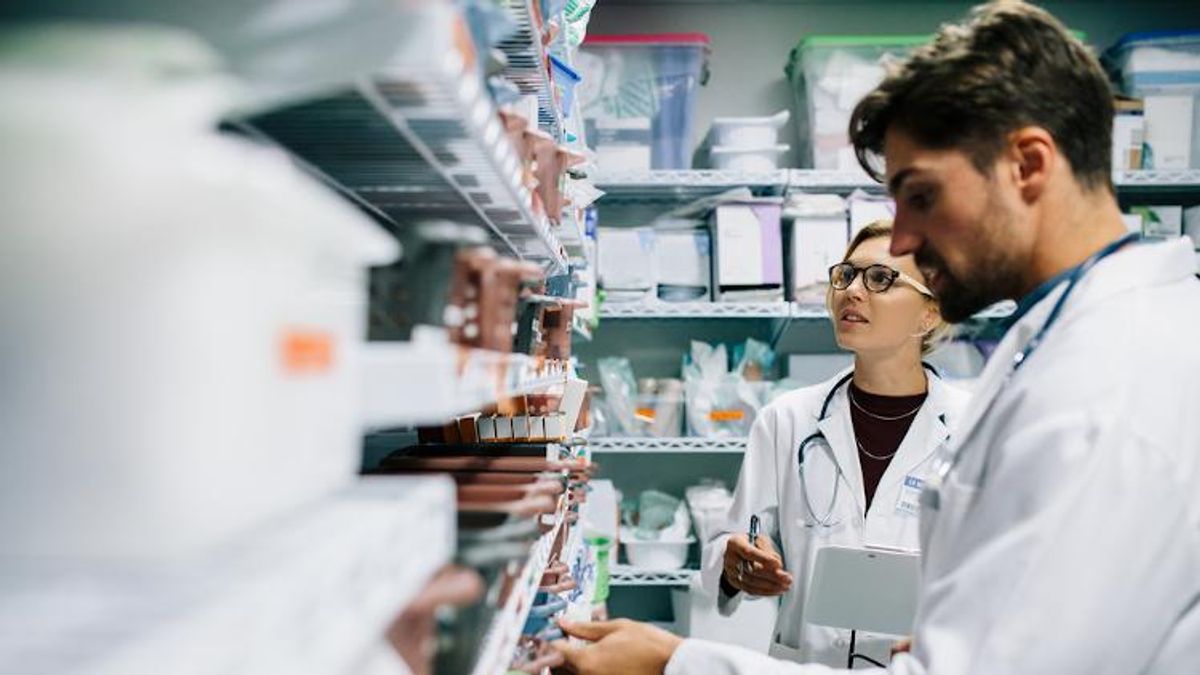The state-run HIV Medication Program is buckling under increased, COVID-related demand, and administrators there asked the legislature for more than $100 million over the next two years to help combat the looming financial crisis, according to a report by Houston Public Media.
Texas already has some of the strictest requirements in the country for such programs, and if the additional funds are denied it could tighten eligibility and force thousands off their meds and reduce HIV prevention efforts throughout the state. With supplies of drugs for PrEP and treatment for people living with HIV at risk, a denial in funding could fuel a spread of the virus.
Though the Texas Department of State Health Services claimed that limiting eligibility “was already under consideration before budgetary shortfalls were identified,” demand for the program has escalated heavily due to job losses during the pandemic. Enrollment in the state-funded HIV program has recently increased by approximately 30 percent, to more than 21,000 people.
“People who are losing their jobs, they may have gone to a private doctor or had insurance,” Januari Fox, policy director at PRISM Health of North Texas, told Houston Public Media. “They no longer have that and they’re looking for alternatives.”
Fortunately, the DSHS was able to temporarily pause enrollment cuts in February and asked state lawmakers to allocate $103 million from the funds it gets from the federal government to keep the program going through 2023. The request is heavily dependent on the new stimulus package signed into law by President Biden in March. The requested funds would be in addition to the $34 million in pandemic relief awarded to the program for 2021.
However, as of December, the program had already begun to end coverage for some enrollees — and has received harsh criticism from HIV activists for doing so.
“It really caught folks off guard,” Fox said. “Agencies are now forced to scramble. Where do these folks go now? How are they being informed? The last thing that we want as providers is for people to not be compliant with their medications.”
Houston Public Media also spoke with several people living with HIV who were on the program, bringing to light the dark reality of what could be.
“It’s just astronomical,” said Josh Mica, who is currently on treatment and undetectable thanks to the assistance program. “Like, who can afford $1,500 to $2,000 a month for medication?”
“If I go six months without my medication,” he added, “there’s no telling that the medication I was on previously will work.“It decreases my health. [I’ll] end up in the hospital with no insurance. So my body will just deteriorate because the government is trying to play politics with my life.”












































































